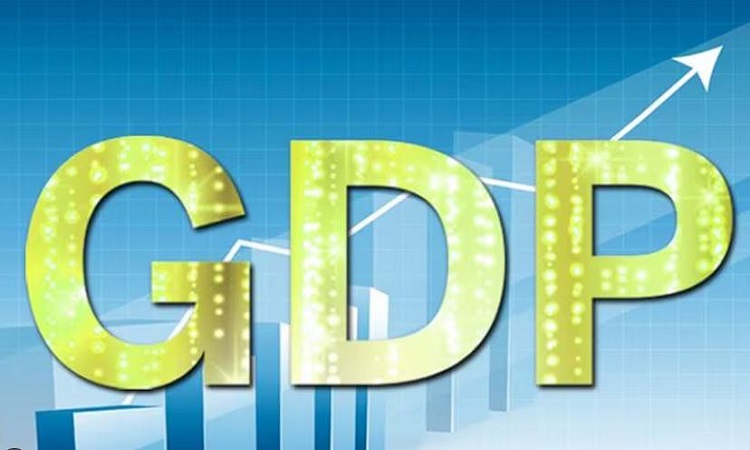IMF commends India's economic resilience and growth amid global challenges
India's economy exhibited robust growth over the past year, surpassing pre-pandemic employment levels and showcasing resilience in the informal sector. Read further on Dynamite News:

New Delhi: The Executive Board of the International Monetary Fund (IMF) came up with a ringing endorsement of India's growth story after concluding the Article IV consultation with New Delhi, commending the nation's robust economic growth, resilient financial sector, and notable progress in formalisation and digital infrastructure.
According to the IMF, India's economy exhibited robust growth over the past year, surpassing pre-pandemic employment levels and showcasing resilience in the informal sector.
The financial sector experienced its strongest performance in years, demonstrating resilience in the face of global financial stress.
Despite a widening current account deficit in FY2022/23, driven by post-pandemic domestic demand recovery and external shocks, India's services exports and strategic diversification of critical oil imports provided stability.
The IMF projects a continued strong growth trajectory for India, with real Gross Domestic Product (GDP) expected to grow at 6.3 per cent in FY2023/24 and FY2024/25.
The current account deficit is anticipated to improve to 1.8 per cent of GDP in FY2023/24, supported by resilient services exports and lower oil import costs.
The foundational digital public infrastructure and robust government programs are poised to sustain growth, with the potential for even higher growth through comprehensive reforms.
Risks to India's economic outlook are considered balanced. Global factors such as a sharp growth slowdown or supply disruptions could impact the nation through trade and financial channels.
Also Read |
Rahul Gandhi blames "BJP's hate-filled cultural nationalism" for dip in per capita GDP
Domestically, weather shocks pose a potential threat to inflation, while strong consumer demand and private investment could positively influence growth.
The directors highlighted the importance of further liberalization of foreign investment, structural reforms, and climate policy implementation.
The executive directors broadly supported India's macroeconomic policies and reforms, acknowledging the country's strong economic performance in the face of global challenges.
They emphasised the need for continued appropriate policies to sustain economic stability and encouraged further progress in key structural reforms to unlock India's significant potential.
The directors commended India's near-term fiscal policy, focusing on accelerating capital spending while tightening the fiscal stance.
Given elevated public debt levels, they recommended ambitious medium-term consolidation efforts and improvements in revenue mobilisation and spending efficiency.
The Reserve Bank of India's proactive monetary policy received praise, with a consensus that the current neutral monetary policy stance is appropriate.
Exchange rate flexibility was highlighted as the first line of defence against external shocks.
Also Read |
IMF asks Pakistan to share details of loans from China
The directors further acknowledged the stability of India's financial sector but called for continued supervision, prudential tools, and vigilance, particularly in managing emerging vulnerabilities, including the rapid growth in unsecured personal loans.
Encouraging comprehensive structural reforms, the directors stressed the importance of labour market functioning, increased female labour force participation, and progress in health, education, land, and agricultural reforms.
Strengthening governance and regulatory frameworks were identified as critical for transparency and public accountability.
The directors also recognised India's role during its G20 Presidency and urged the phasing out of recent restrictive trade policies. Further liberalization of the foreign direct investment (FDI) regime and improvement of the investment climate were encouraged.
The IMF's positive assessment underscores India's economic resilience and stability amid global uncertainties.
As India aims for sustained growth, the recommendations from the Executive Board emphasise the importance of fiscal consolidation, continued structural reforms, and vigilant policies to navigate potential risks.
India's proactive approach to economic challenges positions the nation as a key player in the global economic landscape, with ongoing efforts toward inclusive and sustainable growth. (ANI)
 Dynamite News
Dynamite News 